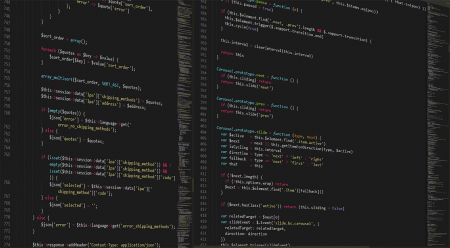Помогите пожалуйста)Переведите предложения на российский язык. Объясните употребление времён,
Помогите пожалуйста)
Переведите предложения на русский язык. Объясните употребление времён, выражающих идею грядущего медли в английском языке.
1)I will give him a call tomorrow night. 2) John is not here. He will be back soon. 3) I don't know what I will do when I leave here. I will probably never get another job. 4) He's got a lovely voice. He will soon be famous. You will see. 5) ''The sun will dry me out, he said I won't need a towel. 6) They will wonder where I am. 7) Andy is overtired, and unless he has a rest he will have a breakdown. 8) We are going to have more rain. Yes. Bob will be glad he's got his hay in. 9) I'm having a party tonight. Will you come? 10) When is Liz coming? Some time later this evening, Tom said. And he is coming too. We're going to have a jolly family evening. You will have to look after her till I get back. 11) What time do we arrive in London? 12) How long are you going to stay with us? 13) He says he will do whatever I wish. 14) I don't know when I will be in the mood for entertainment. 15) There is a train that leaves Tonbridge at ten o'clock tomorrow morning. 16) A new car will cost you a lot of money. 17) If we don't get there before seven o'clock they will have had dinner. 18) Are you staying at home tonight? 19) When he arrives, said Martin, I will see him alone.
1) I will give him a call tomorrow night. (Future Simple)
2) John is not here. (Present Simple) He will be back soon. (Future Simple)
3) I don't know (Present Simple) what I will do (Future Simple) when I leave here (Present Simple). I will probably never get another job. (Future Simple)
4) He's got a lovely voice. (Present Simple) He will soon be famous. (Future Simple) You will see. (Future Simple)
5) ''The sun will dry me out, (Future Simple) he said (Past Simple) I won't need a towel. (Future Simple)
6) They will wonder (Future Simple) where I am. (Present Simple)
7) Andy is overtired (Present Simple), and unless he has a rest (Present Simple) he will have a breakdown. (Future Simple)
8) We are going to have more rain. (Present Simple) Yes. Bob will be glad (Future Simple) he's got his hay in. (Present Simple)
9) I'm having a party tonight. (Present Continuous) Will you come? (Future Simple)
10) When is Liz coming? Some time later this evening, ?(Present Continuous) Tom said (Past Simple). And he is coming too. (Present Continuous) We're going to have a jolly family evening. (Present Simple) You will have to look after her (Future Simple) till I get back. (Present Simple)
11) What time do we arrive in London? (Present Simple)
12) How long are you going to stay with us? (Present Simple)
13) He says (Present Simple) he will do (Future Simple) whatever I wish. (Present Simple)
14) I don't know (Present Simple) when I will be in the mood for entertainment. (Future Simple)
15) There is a train that leaves Tonbridge at ten o'clock tomorrow morning. (Present Simple)
16) A new car will cost you a lot of money. (Future Simple)
17) If we don't get there before seven o'clock (Present Simple) they will have had dinner. (Future Simple)
18) Are you staying at home tonight? (Present Continuous)
19) When he arrives, (Present Simple) said Martin (Past Simple), I will see him alone. (Future Simple)
Есть несколько главных моментов, познания которых нужно для решения Вашего задания:
1) Future Simple - используем, когда говорим о фактах, которые произойдут в будущем, делаем прогнозы и выражаем свое суждение. Например, I think she will pass the exam. - Я размышляю, она сдаст этот экзамен.
2) Оборот to be going to - используем, когда разговариваем о планах и возможных событиях. К примеру, She is going to buy a dress. - Она собирается покупать платьице.
3) Present Continuous - используем, когда разговариваем об организованном действии, которое точно произойдет. К примеру, We are eating at restaurant tonight. - Мы ужинаем в ресторане сейчас вечером (у нас теснее заказан стол).
4) Present Simple - используем, когда разговариваем о расписании и точном графике. Например, The train arrives at 7 p.m. - Поезд прибудет в 7 вечера.
5) 1 тип условного предложения - используем, когда мы говорим о реальных событиях грядущего медли, то есть, если выполнится условие, то действие произойдет в будущем. К примеру, If I finish my work early, I will come. Если я окончу пораньше, я приду. При построении сходственных предложений в российском языке мы используем в условии и в итоге будущее время, но в британском только в результате будет будущее время, а в условии настоящее.
Более доскональный материал по теории почитайте в интернете - на различных веб-сайтах много инфы по грамматике о методах выражения будущего медли в британском языке.
-
Вопросы ответы
Статьи
Информатика
Статьи
Математика.
Физика.
Математика.
Разные вопросы.
Разные вопросы.
Математика.
Разные вопросы.
Математика.
Физика.
Геометрия.




